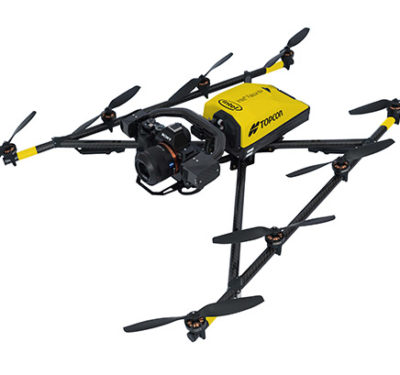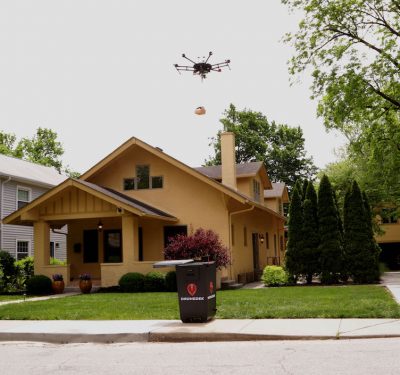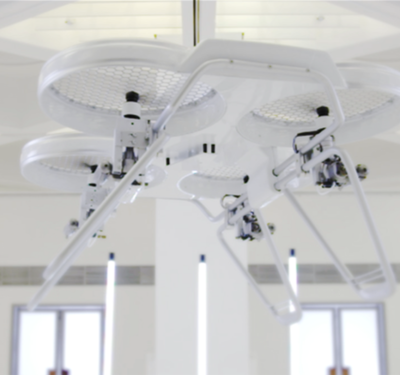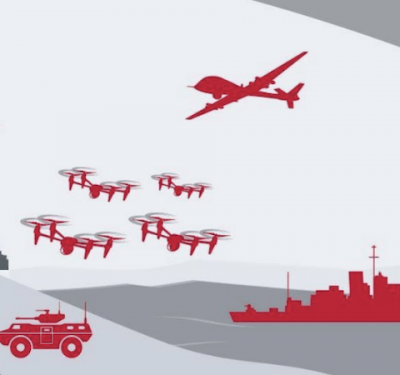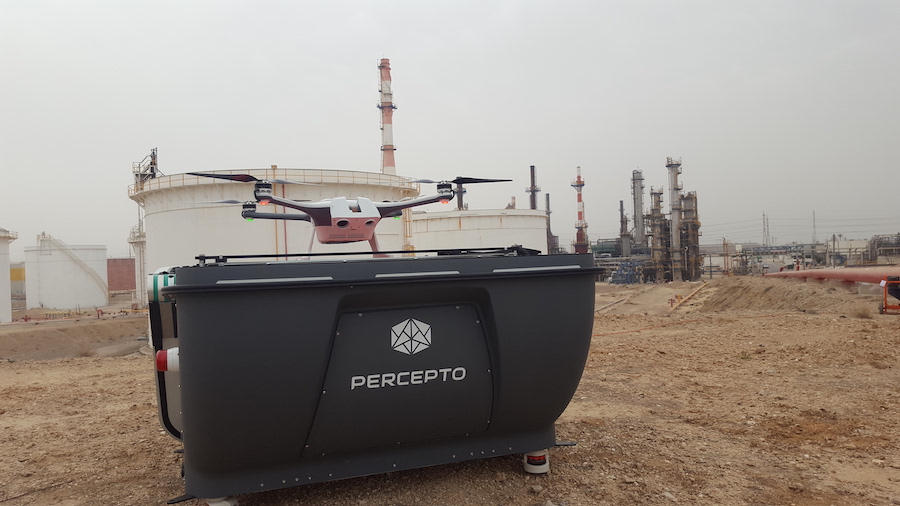
Delek U.S. Holdings recently received FAA approval to fly Percepto drones BVLOS for inspections on its Tyler, Texas, and El Dorado, Arkansas, sites—a first for U.S. based refineries.
Delek, a downstream energy company, began deploying Percepto UAS about three years ago to monitor various assets, a job that’s typically done manually, said Ariel Avitan, Percepto’s chief commercial officer. They saw the value of the drone flights right away, with collected data quicky being converted into actionable reports. But the deployments still required people on the ground to watch and operate the drone, limiting the technology’s full potential.
“Percepto’s end-to-end system supports our environmental, social and governance goals to deliver safe and reliable autonomous drones that can be operated remotely while in compliance with U.S. FAA regulations,” Delek SVP, Business Transformation, Grigor Bambekov said, according to a news release about the approval. “By working in partnership with Percepto, Delek US is gaining more effective, efficient, reliable and profitable utilization of its assets through the next generation of Industry 4.0 drone ecosystems.”
With the approval, an operator can manage and monitor the autonomous drone from a control room. The drone-in-a-box solution can now “provide value on the full site” once it takes off, Avitan said, which leads to more assets being monitored and more data being converted into actionable insights.
“It reduces the amount of restraint the system has,” Avitan said. “Before, they had to have two certified 107 pilots in a shift. That’s a lot of resources. Now they can fly and collect more data without the hurdle of additional people on the ground.”
Percepto has a global regulatory team that focuses on gaining such approvals, Avitan said, and has worked closely with the FAA on various programs. The team spent months putting together the CONOPS for the Delek sites. Other Percepto clients receiving similar approvals include Florida Power & Light, Verizon Skyward, and industrial sites in Australia, Italy, Spain, Norway, Portugal and Israel.
The Applications
The Percepto drones spend time monitoring and mapping assets, looking for analomies, Avitan said. One of the biggest? Leaks.
The UAS fly over tanks and terminals daily, taking the same pictures over and over, he said, with algorithms identifying discrepancies in assets that could indicate the beginnings of a leak. They also look at vegetation. If vegetation around an asset is starting to die, for example, an underground leak could be to blame. The information collected is converted to a report and sent to someone who can fix the leak before it causes a lot of damage.
The drones can identify temperature irregularities that could indicate a problem, Avitan said, and can be flown for security. Percepto also offers an OGI sensor that can detect gas leaks, which is a “very big change for these sites and the regulatory parties that look at these sites on an ongoing basis.”
The Percepto drones mapping refinery assets are managed by the company’s Autonomous Inspection & Monitoring (AIM) platform. The AI-powered solution collates visual data from all third-party surveillance devices on site, providing a unified view of the facility. All data collected can be sorted based on points of interest, Avitan said, making it possible to quickly identify incongruities and distribute reports to the appropriate stakeholders. The recently upgraded AIM 2022 includes the newest configuration of the Percepto Sparrow, the Percepto Air Max, which is equipped with 24MP RGB and radiometric thermal cameras.
With the BVLOS approval, the FAA will now have a reference, Avitan said, and see through the flight logs that these monitoring and mapping missions are being performed safely. This should give both the drone industry and the oil and gas industry more confidence in deploying drones BVLOS moving forward.
From Avitan’s point of view, this approval is an important first steppingstone toward a more autonomous future for refineries and other similar sites, with the next step involving broader adoption of these types of approvals.
“The client now sees these systems are growing their potential and providing more value,” Avitan said. “The FAA has approved these waivers because they have confidence in the system and the value it can bring.”


